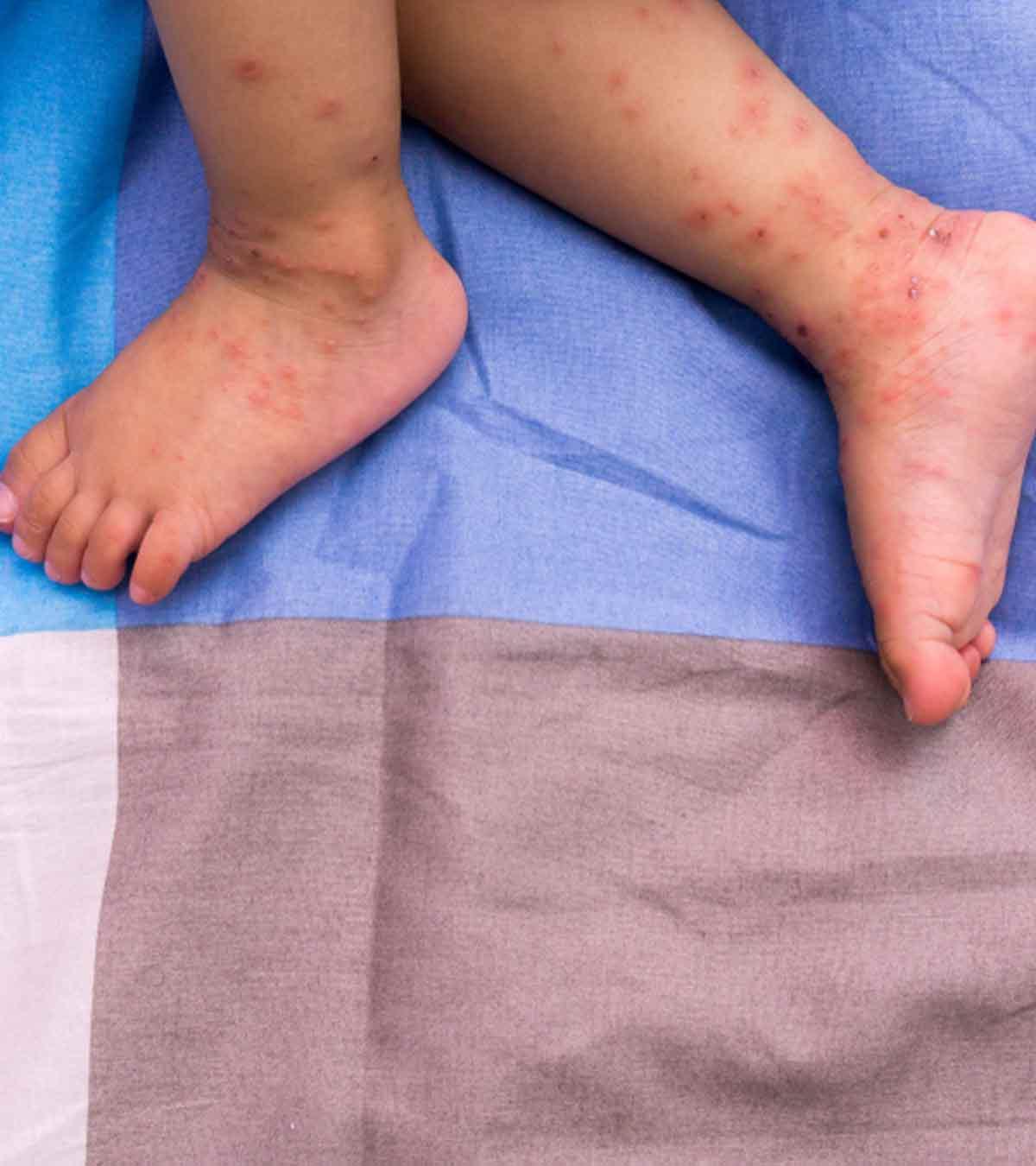Herpes: Causes, Symptoms, And Treatment
Herpes: Causes, Symptoms, and Treatment
Editor's Note: Herpes: Causes, Symptoms, And Treatment have published today date for readers to understand. This topic is imperative to read and we hope this helps tremendously.
After some analysis and digging, we put together this Herpes: Causes, Symptoms, Treatment guide to help equip you with information, you can utilize resources, and discuss with your medical health professional to make the right decision for your health.
Key differences or Key takeaways
To put together this article, we collected information and data from trusted sources like the CDC, WHO, and NHS.
Transition to main article topics
/herpes-treatment-3133020_color1-5b85557ac9e77c00576df991.png)
How Herpes Is Treated - Source std.about.com
FAQ
To help provide a comprehensive understanding of Herpes, here are some frequently asked questions and their evidence-based answers. The focus is on informing and educating, without minimizing the complexities of this condition.

Genital Herpes - GENITAL HERPES Genital herpes is a common sexually - Source www.studocu.com
Question 1: What causes herpes?
The herpes simplex virus (HSV) is the primary cause of herpes. HSV-1 primarily affects the oral region, leading to oral herpes or cold sores, while HSV-2 commonly causes genital herpes. It is spread through contact with infected individuals, either through saliva (HSV-1) or through sexual contact (HSV-2).
Question 2: How can I recognize the symptoms of herpes?
Herpes symptoms vary depending on the individual. Common signs of oral herpes include blisters or sores around the mouth, while genital herpes may manifest as blisters or ulcers in the genital area. Other symptoms can include fever, body aches, and swollen lymph nodes. Regular testing is crucial for accurate diagnosis, as symptoms may go unnoticed.
Question 3: Is herpes curable?
Currently, there is no cure for herpes. Once infected, the virus remains dormant in the body's nerve cells. However, antiviral medications can be prescribed to manage outbreaks, reduce the risk of transmission, and alleviate symptoms. These medications do not eliminate the virus but can effectively control its activity.
Question 4: How can I prevent the spread of herpes?
Practicing safe sex, such as using condoms, can help reduce the risk of transmitting HSV-2 during sexual encounters. Avoiding skin-to-skin contact with active lesions and refraining from sharing personal items like towels or utensils can minimize the spread of HSV-1. Open and honest communication with sexual partners is crucial.
Question 5: Are there any long-term effects of herpes?
Most people with herpes experience mild or no long-term effects. However, some individuals may develop complications such as recurrent outbreaks, nerve pain, or an increased risk of acquiring other sexually transmitted infections. It's essential to seek regular medical checkups and follow recommended treatment plans to minimize potential complications.
Question 6: Can herpes affect pregnancy?
Herpes during pregnancy poses potential risks to both the mother and newborn. It can cause complications such as premature birth, low birth weight, and neonatal herpes. Pregnant individuals with herpes should inform their healthcare providers for proper monitoring and treatment to reduce the risk of transmission to the baby.
For a more thorough understanding of the complexities of Herpes, refer to the comprehensive article: Herpes: Causes, Symptoms, And Treatment.
Tips
Herpes is a common viral infection that can cause painful sores on the genitals, mouth, or other areas of the body. There is no cure for herpes, but there are treatments that can help to manage the symptoms. The following tips can help to prevent the spread of herpes and reduce the severity of outbreaks:
Tip 1: Get tested. If you think you might have herpes, it is important to get tested so that you can get the proper treatment. Herpes can be spread through sexual contact, even if you do not have any symptoms.
Tip 2: Use a condom. Condoms can help to prevent the spread of herpes during sexual activity. Condoms should be used every time you have sex, even if you do not have any symptoms of herpes.
Tip 3: Avoid sharing personal items. Herpes can be spread through contact with infected items, such as towels, razors, or sex toys. Avoid sharing personal items with others, and wash your hands frequently.
Tip 4: See a doctor if you have an outbreak. If you have an outbreak of herpes, it is important to see a doctor to get treatment. There are medications that can help to reduce the pain and itching associated with an outbreak.
Tip 5: Take care of yourself. If you have herpes, it is important to take care of yourself. This means eating a healthy diet, getting enough sleep, and exercising regularly. Taking care of yourself can help to reduce the severity of outbreaks.
Summary of key takeaways or benefits:
By following these tips, you can help to prevent the spread of herpes and reduce the severity of outbreaks. Herpes is a common infection, but it is important to remember that it can be managed. With proper treatment and care, you can live a healthy and fulfilling life with herpes.
Herpes: Causes, Symptoms, And Treatment
Herpes, a common viral infection, requires a comprehensive understanding of its causes, symptoms, and treatment options. Exploring various dimensions, we present six essential aspects:
- Transmission: Skin-to-skin contact, often sexually
- Types: HSV-1 (oral herpes) and HSV-2 (genital herpes)
- Symptoms: Blisters, sores, itching
- Complications: Meningitis, encephalitis
- Diagnosis: Physical exam, blood test, viral culture
- Treatment: Antiviral medications, pain relievers

Dr. Anisa Vahed | MomJunction - A Community for Moms - Source www.momjunction.com
Herpes transmission through contact highlights the need for preventive measures. Symptoms, such as blisters, indicate infection and require prompt diagnosis for appropriate treatment. Complications, though rare, emphasize the importance of early intervention. Understanding these aspects empowers individuals to make informed decisions regarding prevention, management, and potential impact on overall well-being.

Vaginal Thrush Blisters - Source www.animalia-life.club
Herpes: Causes, Symptoms, And Treatment
Herpes is a common viral infection that can cause painful sores and blisters on the skin and mucous membranes. It is caused by the herpes simplex virus (HSV), which is highly contagious and can be spread through direct contact with infected skin or bodily fluids. Herpes can be classified into two main types: herpes simplex virus type 1 (HSV-1) and herpes simplex virus type 2 (HSV-2).

Genital Herpes In Kids: Signs, Causes, Diagnosis & Treatment - Source www.momjunction.com
HSV-1 is the most common type of herpes and is responsible for oral herpes, also known as cold sores. HSV-2 is typically associated with genital herpes, although it can also cause oral herpes. Herpes can be treated with antiviral medications, which can help to reduce the severity and duration of symptoms. However, there is no cure for herpes, and the virus can remain dormant in the body for years before reactivating and causing symptoms.
Herpes can have a significant impact on an individual's physical and emotional health. The sores and blisters can be painful and embarrassing, and they can lead to social stigma and discrimination. Herpes can also increase the risk of other health problems, such as meningitis and encephalitis. It is important for individuals with herpes to be aware of the risks and to seek treatment to reduce the severity of symptoms and prevent complications.
| Type of Herpes | Symptoms | Treatment |
|---|---|---|
| Oral Herpes (HSV-1) | Blisters and sores on the lips, mouth, and throat | Antiviral medications |
| Genital Herpes (HSV-2) | Blisters and sores on the genitals, anus, and thighs | Antiviral medications |
Conclusion
Herpes is a common and potentially serious infection that can have a significant impact on an individual's physical and emotional health. It is important for individuals with herpes to be aware of the risks and to seek treatment to reduce the severity of symptoms and prevent complications.
There is currently no cure for herpes, but antiviral medications can help to manage the symptoms and reduce the risk of transmission. Researchers are working to develop a vaccine for herpes, but no vaccine is currently available.
Tidak ada komentar